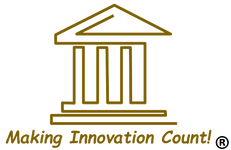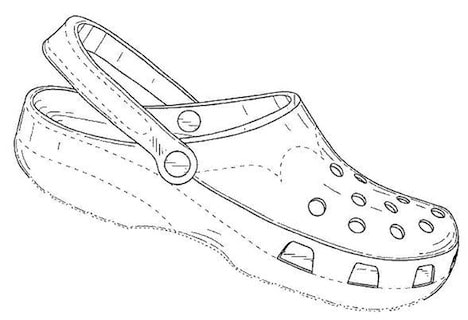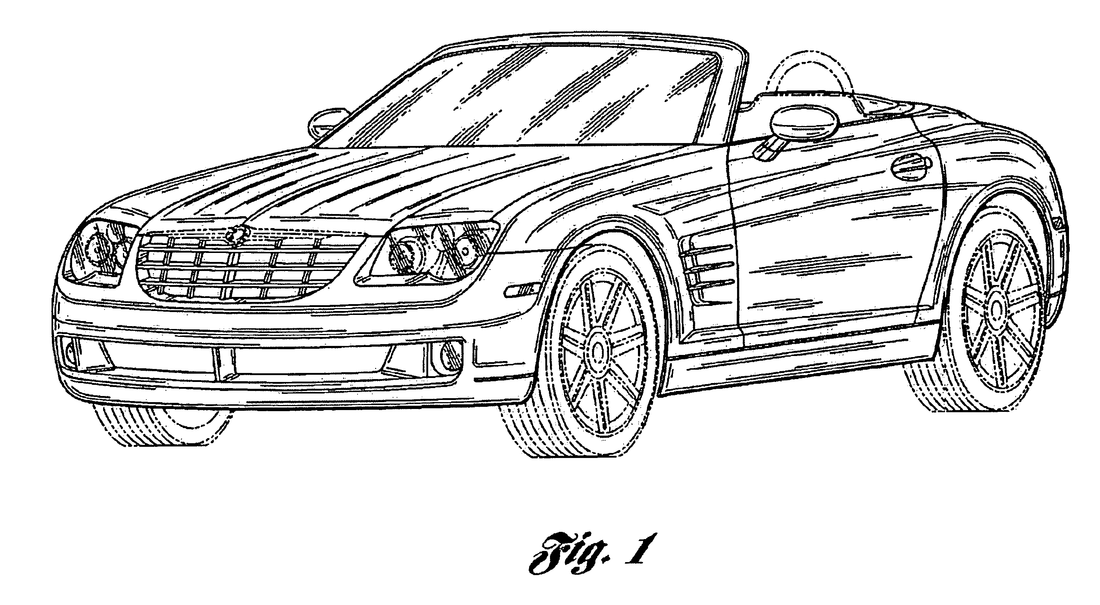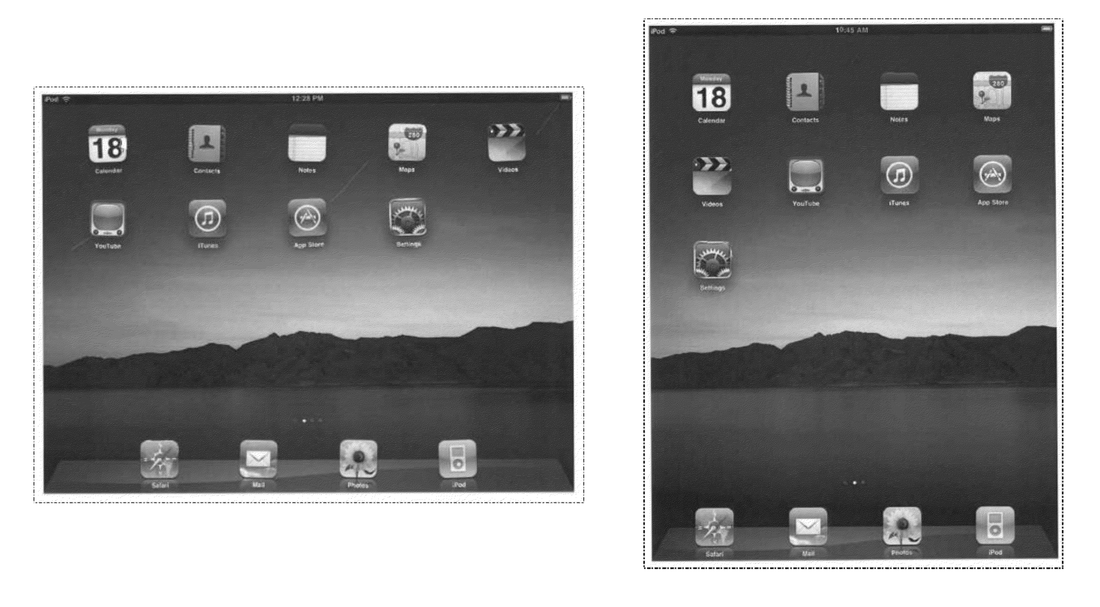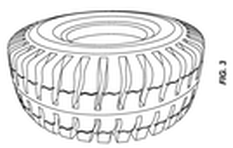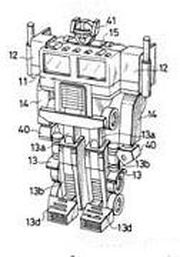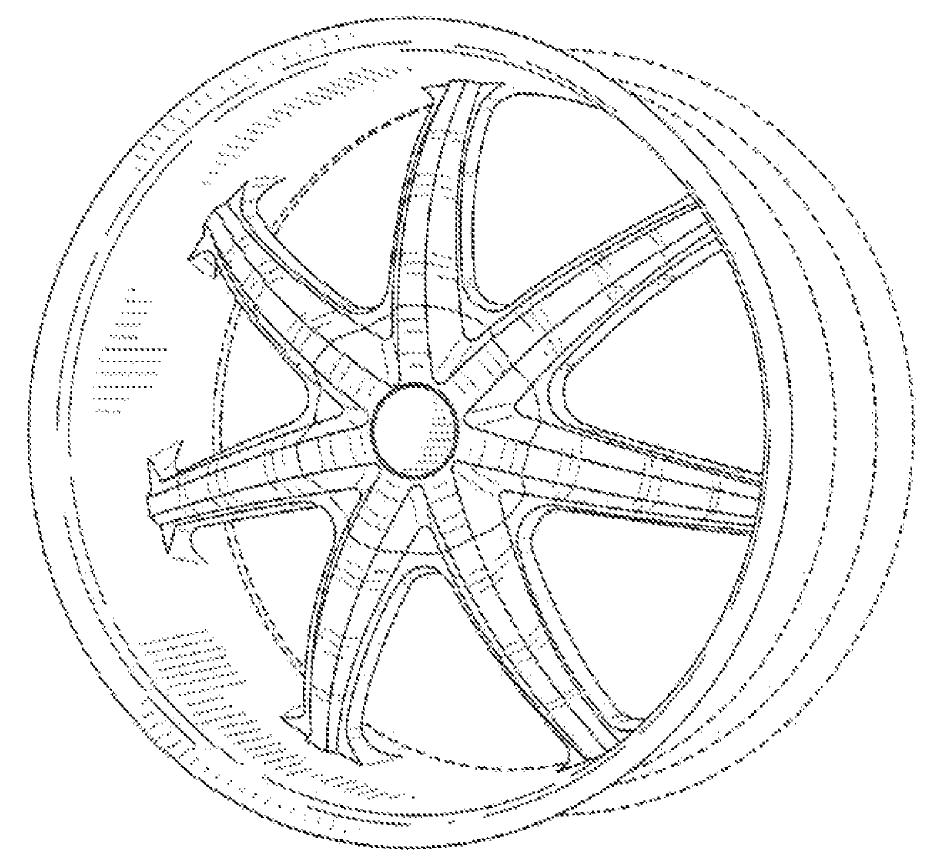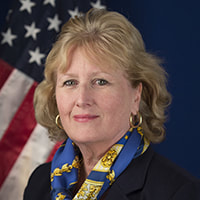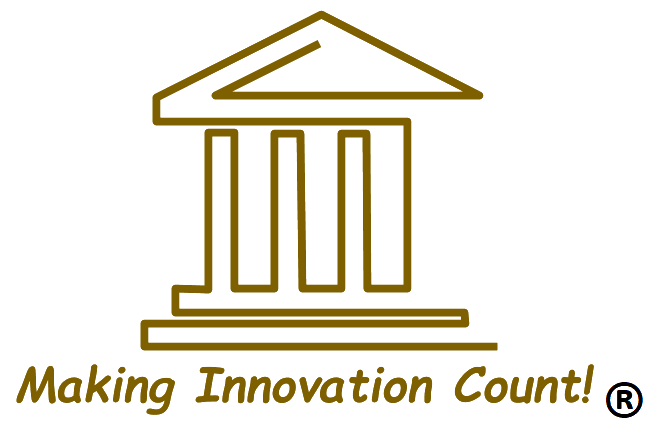 Many people are confused about design patents as compared to utility patents or do not even know that design patents exists. Adding to the confusion is that both design and utility patents may be used to protect the same invention. So when should you use a design patent and when should you use a utility patent? You may answer that question by asking yourself the question "Is what I am trying to protect function or decorative?" For example, say that you have come up with a new pattern of tread that you want to use on a snow tire that is to be sold. Lets say that your new tread pattern provides your tire certain advantages on snow over current snow tires. Since your new snow tire is more "functional" than current snow tires then you will want to obtain a utility patent on your new tread pattern. Conversely lets say that your new tread pattern gives your snow tire the "appearance" that it performs well on snow but in reality it doesn't; It just looks really cool, rugged, and mean. Since your new pattern is decorative then you will seek a design patent on it. Beware, using this example say that you know that your new tread pattern provides better performance on snow over other snow tires but to cut costs you seek a design patent on your new pattern. If your competitor can provide that your new pattern is functional then your design patent will be revoked and you will not have the opportunity to go back and get a utility patent on the tread pattern; in effect you will lose all rights to any sort of patent. Below are design patents for the Crocs shoe, Chrysler Crossfire, Apple iPad screen layout, and a tire tread pattern. Design patents are a cost-effective mechanism to add value to a company and combat the counterfeiting of products when protecting ornamental features. For more details contact me.
8 Comments
Interested in a patent? Contact me between 11/12 to 11/16 to schedule a free consult on patents.11/11/2017 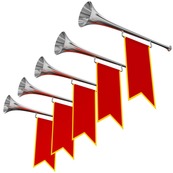 Do you have a new idea but don't know how to best protect it? Do you know the importance of the dates when you first show your invention to the public or file a provisional patent? Do you know what requirements are to be satisfied before the patent office will grant your patent application? There are many issues to consider before and during the application process and unless you are aware of them you could lose your rights to a patent. This week I am offering free 30 minute consults on patents. The consults may be over the phone or using internet based video conferencing. During the consult I will review with you the patenting process using a flowchart that depicts the process. If you are interested here is what you need to do:
I look forward to meeting each of you! 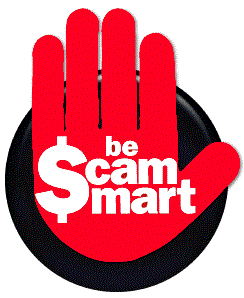 Do you want to save yourself $10,000? That is about how much you will be paying those "invention assistance companies" you see on TV. Be very careful when dealing with them and the promises they make. I have read a number of agreements offered by these companies to inventors and all of them have many terms that are not in favor of the inventor. Yet every year many inventors will hand over thousands of their hard earned money to these "invention assistance companies" and get very little as a result. So what should you be looking for when you approach one of these companies? I would say body armor, but seriously here are some pointers:
Because of the number of inventors being taken by invention assistance companies the US government has written 35 USC 297 to protect inventors. 35 USC 297 is nice but it is best to talk with an attorney first before signing the agreement. 35 USC 297 allows you to ask the invention promoter the following:
Finally an attorney has certain ethical duties owed to their inventors. An invention promotion company owes no such ethical duties. An attorney who breaches their ethical duties to a client may lose their license to practice law in their state and to represent inventors before the patent office. Those licenses are very hard to get and represents years of hard work in school. There are actually three basic types of patents you may file with the patent office. They are as follows:
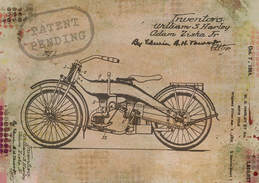 Basically a business may hire two types of individuals. These two types of individuals are employees and independent contractors. If you hire an employee here in California, the law favors the employer being the owner of any intellectual property created by the employee, even intellectual property created by the employee while "off the clock" as long as it is related to the work the employee is performing for their employer. However if an employee signs an intellectual property agreement with their employer then the intellectual property agreement will prevail. If you are an engineer or computer programmer, in most cases, when hired you were asked to sign an agreement whereby you agree to release to your employer all intellectual property that was created during the period of your employment. Refusing the sign the agreement will likely not grant you any intellectual property rights as by law you are required to turn over your intellectual property to your employer. However, if you sign an intellectual property agreement that states you may keep any intellectual property you develop during the period of your employment then the agreement will prevail against the law and you will retain your rights to IP that you create. This situation is, for the most part, reversed when it comes to independent contractors. Unless the independent contractors signs an agreement to turn over any intellectual property that is created in the course of working for the company the independent contractors retains all rights to the created intellectual property. There are exceptions to these general rules and you should talk with an attorney to get an answer for your specific case but what sets an independent contractor apart from an employee? The Internal Revenue Service (IRS) states that "The general rule is that an individual is an independent contractor if the payer has the right to control or direct only the result of the work and not what will be done and how it will be done." Here the word "payer" is the company that is paying the individual doing the work. The IRS also provides the following details:
You may get more information from the IRS about independent contractors by clicking here.
If you have hired someone that fits the IRS rules for an independent contractor then very likely that individual is an independent contractor and they will generally own any intellectual property that they create unless they sign an agreement giving you rights to their intellectual property. So be careful and when in doubt have your new person sign an intellectual property agreement to transfer those rights to you. If you need help contact me and I can draft that agreement for you. If you have hired someone that fits the IRS rules for an independent contractor then very likely that individual is an independent contractor and they will generally own any intellectual property that they create unless they sign an agreement giving you rights to their intellectual property. So be careful and when in doubt have your new person sign an intellectual property agreement to transfer those rights to you. If you need help contact me and I can draft that agreement for you. 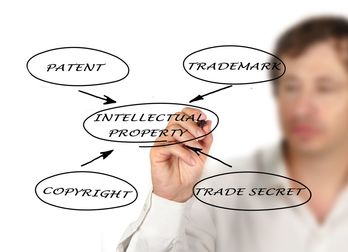 There are many considerations to take into account when licensing your intellectual property. Adding to the complexity of the agreement is that each type of intellectual property, whether it be patents, trademarks, or copyrights, have different concerns and problems that you need to pay attention to. For example with trademarks you will want to pay attention as to how your mark will be treated by the licensee. How will they be displaying your mark? What sort of training will they provide their employees? However here are some general guidelines for you to consider when licensing your intellectual property.
Trademark scams range from offers to file renewal and maintenance documents, to offers to record marks with U.S. Customs and Border Protection, to monitoring services, to recordation in useless databases. Some of the scammers take consumers’ money and deliver nothing. For instance, during the roundtable, the American Intellectual Property Law Association cited an example of a restaurant that mistakenly paid a scammer to file maintenance documents for a registration. The restaurant relied on the assumption that the filing would be made. Only when the restaurant sought legal counsel about enforcement against an infringer did it learn that the scammer filed nothing and the registration had been cancelled. Others scammers actually perform work but at exorbitant prices. One speaker at the roundtable had filed three civil law suits against different scammers. When I file a trademark application or mail to a client a certificate received from the USPTO I always warn them of these fraudulent solicitations. The USPTO has a web page dedicated to this problem and has even produced an 8 minute video describing the problem and giving examples that you may watch below. I would also like to add that patent owners face the same problem with scams as do trademark owners. Always be careful with companies that promise to promote your invention! If you have received a solicitation for any trademark or patent related service you should consider it suspect even if the service appears to be legitimate. At the least contact me before paying for the service being solicited or call the USPTO Trademark Assistance Center at 800-786-9199 or the FTC Help Line at 877-FTC-HELP. You may also visit the following websites: Let me introduce you to Edith Clarke. Born in a family of eight children in 1883 she was the first woman to graduate from MIT's Electrical Engineering department, first woman to be employed as an Electrical Engineer at General Electric, and the first woman to give a technical presentation at a conference sponsored by the IEEE. Her field of expertise was the transmission of electrical power over cables and has to her name a patent for a calculator to help in the design of power lines. See her patent by clicking here or click the USPTO video below to see her story. How many patents were filed worldwide in 2014? What country received most patent applications? Who are the world’s top innovators? Key facts and figures on global patent activity in 2014 from WIPO’s 2015 World Intellectual Property Indicators (WIPI). 'Inventors' is a series of portrait videos chronicling the work of contemporary inventors from all walks of life. In this video Ralph Baer, the father of video games, talks about those early days of video game history and why now, at 90 years old, he's still inventing. To see his patent click here. |
Categories
All
|
California, Inland Empire - (909) 566-2801
California, Santa Barbara - (805) 500-6241
Tennessee - (423) 226-8036
Georgia - (404) 436-0899
California, Santa Barbara - (805) 500-6241
Tennessee - (423) 226-8036
Georgia - (404) 436-0899
